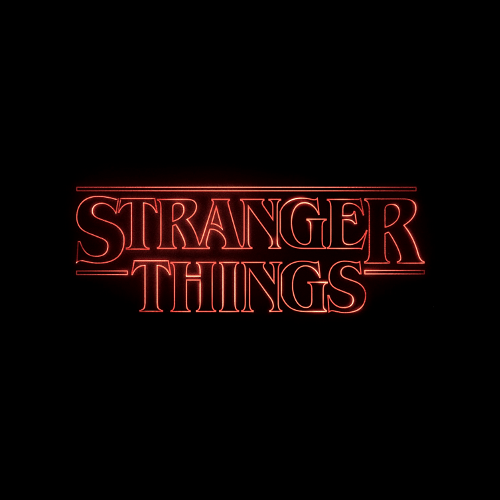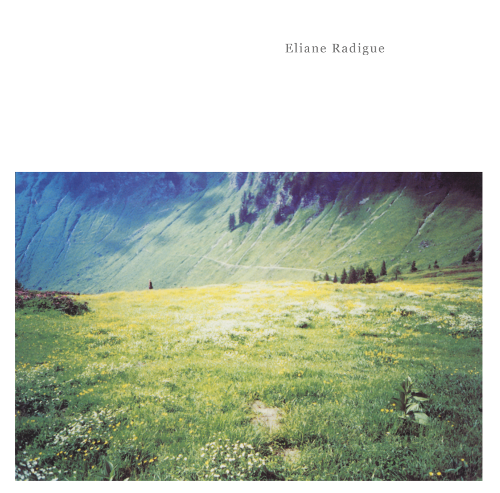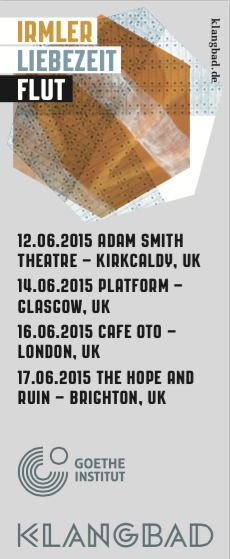The Serpent’s Egg (1988)
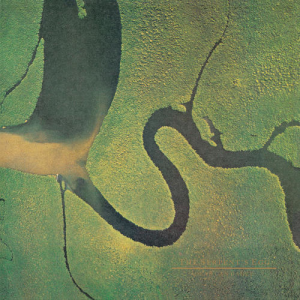 The Serpent’s Egg was a solemn secular experience for the most part, seeking sanctuary in the monastically sparse, a warm cathedral backing to some prized vocal action, Lisa Gerrard‘s phonic phoenix of a voice glinting Byzantine.
The Serpent’s Egg was a solemn secular experience for the most part, seeking sanctuary in the monastically sparse, a warm cathedral backing to some prized vocal action, Lisa Gerrard‘s phonic phoenix of a voice glinting Byzantine.
Some three decades later, “The Host of Seraphim” still gives me the shivers, even though it has been used and abused by all and sundry as a perfect evocative backing track. That celestial seeking larynx of hers, contralto cantering a powerful spell, getting all Hildegard von Bingen on “Orbis De Ignis” before Brendan Perry‘s melancholics spill out into the soft poetics of “Severance”. A fluid twilight of organ drones held to a reverberating voice, his lyrics consumed by our failings, replete with ghostly whispers. “Kingdom of the Blind” is steeped in the near darkness of hope too, philosophising a brighter future whilst watching our chaos in motion.
The hypnotizing “Chant Of The Paladin” succinctly divides, transforms the rest of the album. A Charlemagne shimmy of metallics stamen(ed) to a deeply grooved mantra leads to the album’s centrepiece. A blinding triptych – three conjoined tracks that transverse plain chanteuse, filtering in Brendan’s baritone to leap over a bed of rock-hopping percussives and liquid meanders. A snaking sinew of studio JuJu that apple-carts its way around your cortex.
A niftily engineered journey that heralds the album’s dramatically spiked finale, “Ulysses” – a Cossack-shunted hoedown of epic proportions (incorporating a new voice into the fray, that of David Navarro Sust), the dulcimer/hurdy gurdy bathing Brendan’s lamenting baritone. The rub of cello, a keel to this rippling refrain, eating into the drama with slanted staccato, milking its lyrical contours perfectly. A symphonic pleasure that haunts, sucks you in like the heavy slither of silt licking the album cover’s serpentine hues.
Aion (1990)
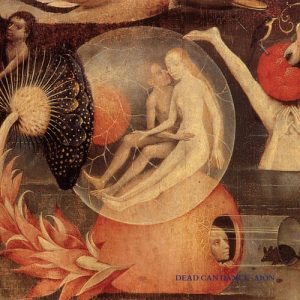 After the secular tastes of The Serpent’s Egg, the duo turned their affections towards the rarefied verve of medieval Europe, the baroque charms of the troubadour and courtiers. The album is a mellow beast, full of subtle dramas steeped in historical flavours, but unconcerned with complete authenticity — the machine drum on “As The Bell Rings”, for instance, dancing with the rasp of bagpipes. The synthesised washes you can hear now and then jut up against the raw of the traditional, mixing things up, searching for a gist, an essential catalyst for their own creativity, kicking the dust off the past rather than being choked by it.
After the secular tastes of The Serpent’s Egg, the duo turned their affections towards the rarefied verve of medieval Europe, the baroque charms of the troubadour and courtiers. The album is a mellow beast, full of subtle dramas steeped in historical flavours, but unconcerned with complete authenticity — the machine drum on “As The Bell Rings”, for instance, dancing with the rasp of bagpipes. The synthesised washes you can hear now and then jut up against the raw of the traditional, mixing things up, searching for a gist, an essential catalyst for their own creativity, kicking the dust off the past rather than being choked by it.
The opener’s choral pleasures fly around its imagined architectures, before the reedy flirtations of “Saltarello” (a fourteenth century Italian dance-floor favourite, don’t you know) brings in the new blood with a minstrel’s skip and the boom of animal skin. Lisa is noticeably less arabesque, her elvish ways a little hemmed in (maybe a little academically studious); luckily Brendan’s lower registers are on hand to embellish, and others like David Navarro Sust (who contributed the rousing charisma of “Ulysses” on The Serpent’s Egg) offer a deep cavern for her voice to shine. “The Song Of The Sybil” is one such moment that leads to one of the few Brendan-centric songs on Aion, the clavichord-scattered “Fortune Presents Gifts”, a sixteenth century Spanish poet’s words set to shimmery lights and gambolling string.
Lisa seems to rekindle her linguistic intrigue later. “As The Bell Rings” delights with her cursive weave and the metallic slip of those finger cymbals giving out the essential ritualistics. Aion reads as a complete work, the boundaries of each track blurring. The distended bell toll that concludes “End of Words” seemingly drawing a sword out of its hilt to herald this album’s jewel, the remarkable “Black Sun”, a track that harks eloquently back to Within the Realm Of A Dying Sun. Perry’s undeniable intensity stoking that kiltering timpani, the staggered majesty of those shimmer-frosted slivers and trumpet accents giving you plenty of meaty emphasis. His words are a luxuria to the visceral bluntness of the fretwork of a great track I’ve been lucky enough to experience live.
“Black sun” is a pivotal point that leaves the following tracks a touch over-shadowed, letting album seemingly sneak out of the garden without a proper bow-wave of finality, a state luckily redeemed by the Arabian zither of “Radharc”, an arresting recapture on dulcimer-speared patter.
Spiritchaser (1996)
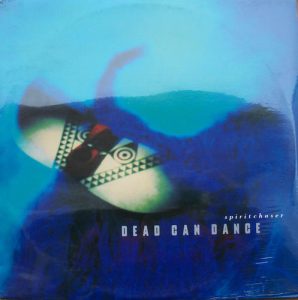 Spiritchaser was and is an extremely groove-some experience, a surprise of far-flung rhythms laid on addictive percussives. A trance-like grip of tribalism with a sweet production that attentively treats, hits you in a constant layering of different focal points and interplays. An album that celebrates rather than bemoans, a breath of fresh air to the entrenched westernisms of previous LPs.
Spiritchaser was and is an extremely groove-some experience, a surprise of far-flung rhythms laid on addictive percussives. A trance-like grip of tribalism with a sweet production that attentively treats, hits you in a constant layering of different focal points and interplays. An album that celebrates rather than bemoans, a breath of fresh air to the entrenched westernisms of previous LPs.
Brendan and Lisa are vocally twinned into each other’s contributions, as the ear is flipped in Māori hakka, by native American chant, on Aboriginal drones and by the blurred azure of Swahili to an addictive array of percussive traction that pushes their gymnastics into hazy reverie.
“Song for the Stars” is unbelievably danceable. Its jazzy inclinations mix with a host of native incentives, the odd kookaburra call and a weird Doppler dice of the stereo, the division between the duo melting in italicised tongues of colonised Voodoo amongst sea-shell shakes, illuminated in multiple guitar sparks as the band’s solemn reverence of the past loses itself to pure sensation. The elastic recoil of the drums on “Indus” scintillate, Lisa purring “Yulunga”-like over the pattered fall of a hollowed-out canoe. The silvery guitar refrains buttering the textural play, a recurring intrigue assimilated on the harmonising heat of hand claps and spacey beats. The litmus smart of those Spanish classicals on “Song Of The Dispossessed” to palm-fled bongos lapping at the hip-swung slowness of Brendan’s lyrics, his words parable-spinning on stiletto(ed) piano and accordion-shuffled atmospheres, slippery with reverb.
This album warms itself at many firesides, Brendan and Lisa swapping focal points like an ethnic Nancy and Lee in search of new truths that progress has abandoned. Every track is animated, referential, like the Bobo butterfly mask of the cover, snaring your imagination with possibility.
-Michael Rodham-Heaps-
